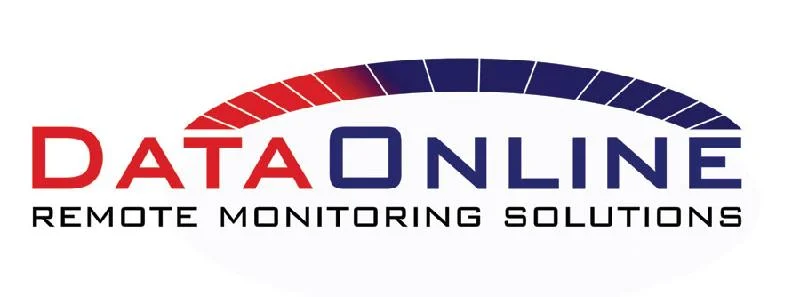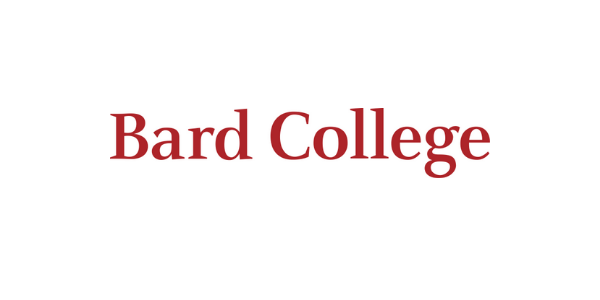Telecommunication Expense Management Case Studies
Major New York City Hospital
Case: Major New York City Hospital goes into bankruptcy and is tasked with selling off over 80 properties, decommissioning a 5000 port phone system and disconnecting or transitioning over $500K per month in telecommunications spend to acquiring hospitals, clinics and doctors.
Outcome: Com-Logic was engaged to work with the Facilities and IT team and completed this project within six months, on schedule, and without any unwarranted disruptions of service.
Global Non-Profit Organization
Case: Global Non-Profit Organization that conducts research to find a cure for Type 1 Diabetes is interested in conducting a telecommunication expense audit but their IT team is stretched to its limits with daily mission critical tasks for approximately 100 US based locations.
Outcome: Over the course of one year, Com-Logic successfully identified unused services, renegotiated carrier contracts and lead them to implement newer, more cost effective and efficient services that saved the organization 32% of their telecommunications spend.
NJ based company
Case: NJ based company that monitors over 45,000 wireless IoT devices globally and spending $1.7M with over a dozen wireless service providers around the world knows they are wasting money by paying for devices that are no longer in service and rates that are no longer competitive.
Outcome: Com-Logic was able to analyze raw carrier data to establish a trend of usage and expense that lead to disconnecting over 5000 devices with zero usage, optimizing newly negotiated and existing rate plans and leading the company to an automated process to manage the expense moving forward. This saved the company close to $400K in carrier expense.
College for the Arts in New York State
Case: College for the Arts in New York State asked their accounting firm if they know of anyone who can look at their rising IT costs. The accounting company, who is also a client, refers Com-Logic.
Outcome: Within 3 months, Com-Logic successfully obtained a $22,000 credit, identified unused service and renegotiates all of their carrier contracts saving the college 30% annually.
Brooklyn based University Hospital
Case: Brooklyn based University Hospital with over a dozen locations and spending over $150K/mo loses their IT manager to illness. In looking through his records, they discover there is no documentation as to what services are being used , unused, needed or not. Faced with an upcoming merger, they contract Com-Logic to sort it all out.
Outcome: In a matter of months Com-Logic identified over 500 wireless devices that hadn’t been used in over six months, Negotiated a new carrier contract for their Wide Area Network, disconnected approximately $60k in unused service, saving the hospital approximately$900k/year and providing an accurate accounting of all their IT inventory.
National high end retail organization
Case: National high end retail organization is paying Avaya over 3 million dollars a year to support hundreds of phone systems across the country and looking for a way to reduce that cost.
Approach: Com-Logic reviewed the prior year’s hardware maintenance cost and discovers 35% of that expense is for adds, moves and changes to the phone system and not covered under their hardware maintenance contract. Another 37% percent of the service related issues were handled internally by Avaya certified employees and without any assistance or equipment from Avaya.
Outcome: Com-Logic concluded that it would less expensive to cancel the maintenance contract completely, move to a time and material service model and save the company over $1M per year.







